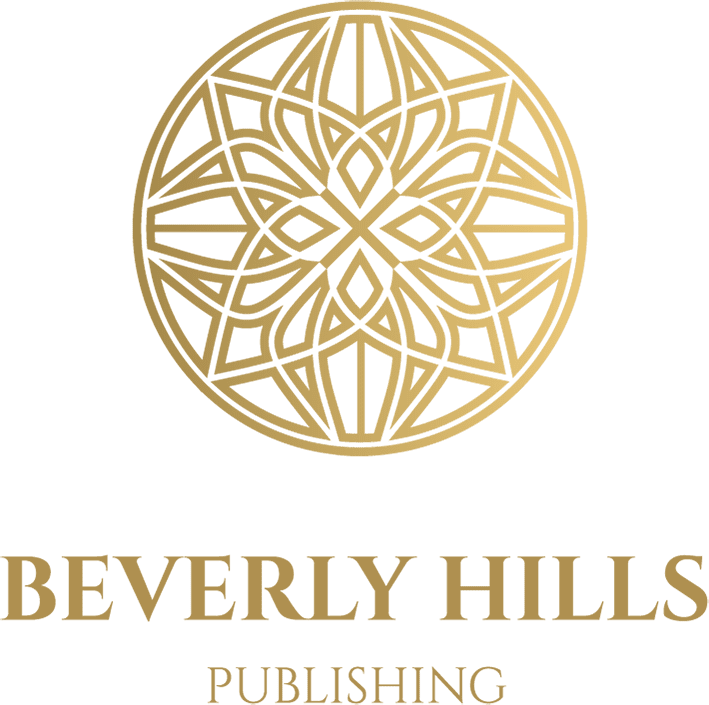At Beverly Hills Publishing, we know that creating a book marketing plan is essential for authors looking to reach their target audience and boost sales. A well-crafted strategy can make the difference between a book that languishes on shelves and one that flies off them.
In this post, we’ll guide you through the process of developing an effective book marketing plan, from understanding your readers to implementing powerful tactics.
Who Is Your Book’s Ideal Reader?
Pinpoint Your Target Audience
Understanding your target audience forms the foundation of any successful book marketing plan. Authors who know their readers inside and out consistently outperform those who don’t. Let’s explore how you can identify your ideal reader and use that knowledge to boost your marketing efforts.
Analyze Reader Demographics
Start with an examination of reader demographics in your genre. Tools like Facebook Audience Insights can provide data on age, gender, location, and interests of potential readers.
Explore Reading Habits
Investigate how your target audience consumes books. Do they prefer e-books, audiobooks, or physical copies? A survey held among U.S. adults in early 2023 found that a significant share of respondents reported having listened to an audiobook, indicating a growing trend in this format. If your audience favors audio, you might prioritize audiobook production and marketing.
Create Detailed Reader Personas
Move beyond basic demographics and create comprehensive reader profiles. Include personal motivations, challenges, and reading preferences. For a self-help book aimed at entrepreneurs, your reader persona might be “Sarah, a 35-year-old startup founder who reads business books during her morning commute to find actionable strategies for scaling her company.”
Study Competitor Strategies
Analyze successful authors in your genre. What marketing strategies do they use? What type of content resonates with their audience on social media? This research can provide valuable insights into effective tactics for reaching your target readers.
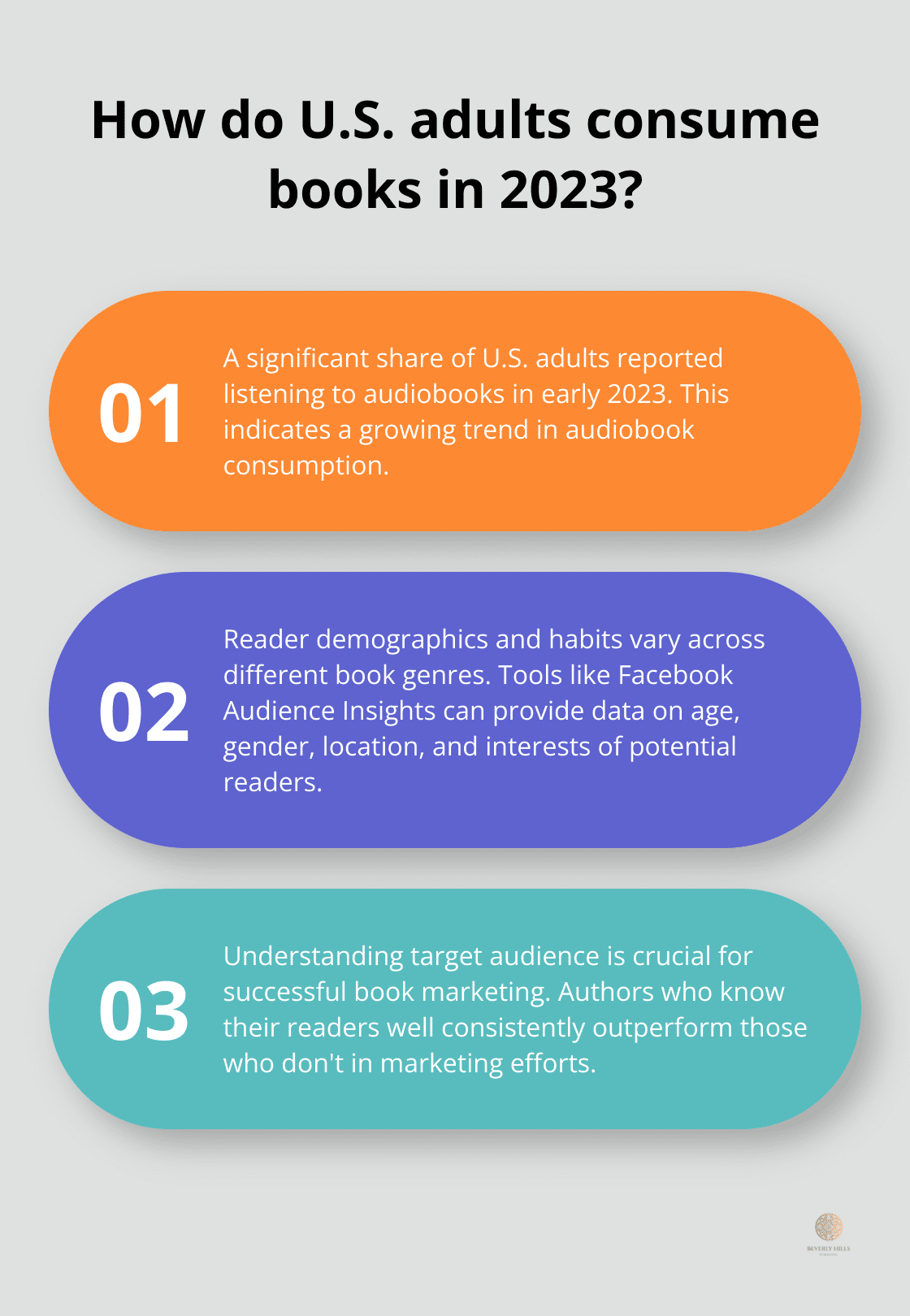
Your understanding of your audience should evolve continuously. Collect feedback through surveys and social media interactions. This ongoing process will help you refine your marketing approach and stay connected with your readers’ changing preferences.
A deep understanding of your target audience allows you to craft marketing messages that truly resonate, choose the most effective promotional channels, and ultimately, sell more books.
Now that you’ve identified your ideal reader, it’s time to develop a marketing strategy that speaks directly to them. The next section will guide you through setting clear goals, choosing the right marketing channels, and creating a timeline and budget for your book marketing plan.
Crafting Your Book Marketing Blueprint
Setting Measurable Goals
Your book marketing strategy should start with clear, quantifiable objectives. Don’t settle for vague aspirations like “sell lots of books.” Instead, set specific targets such as “achieve 1,000 pre-orders before launch date” or “reach #1 in your Amazon category within the first week.” These concrete goals will provide direction and allow you to measure your progress effectively.
Selecting Your Marketing Arsenal
Choose marketing channels that align with your target audience’s habits. If your readers are young professionals, platforms like LinkedIn and Instagram might be your best bet. For non-fiction business authors, podcasts have become a powerhouse for book promotion. A 2021 study by Edison Research found that 28% of Americans aged 12 and older are weekly podcast listeners, offering a vast potential audience.
Timing Is Everything
Create a detailed timeline for your marketing activities. Start to build buzz 3-6 months before your launch date. Plan for pre-launch teasers, launch day blitz, and post-launch sustenance. Allocate your budget across these phases to ensure you have resources for both immediate push and long-term promotion.
Crafting Your Unique Voice
Develop a consistent brand message that resonates with your audience. This goes beyond your book’s content – it’s about your author persona. Are you the no-nonsense guide, the inspirational mentor, or the industry disruptor? Your branding should reflect this across all platforms, from your author website to social media profiles.
Staying Flexible
The publishing landscape evolves rapidly, and what works today might not work tomorrow. Monitor your results and be ready to adjust your strategy based on real-world feedback. Try different approaches and don’t be afraid to experiment with new marketing techniques (you might discover a game-changing tactic for your book promotion).
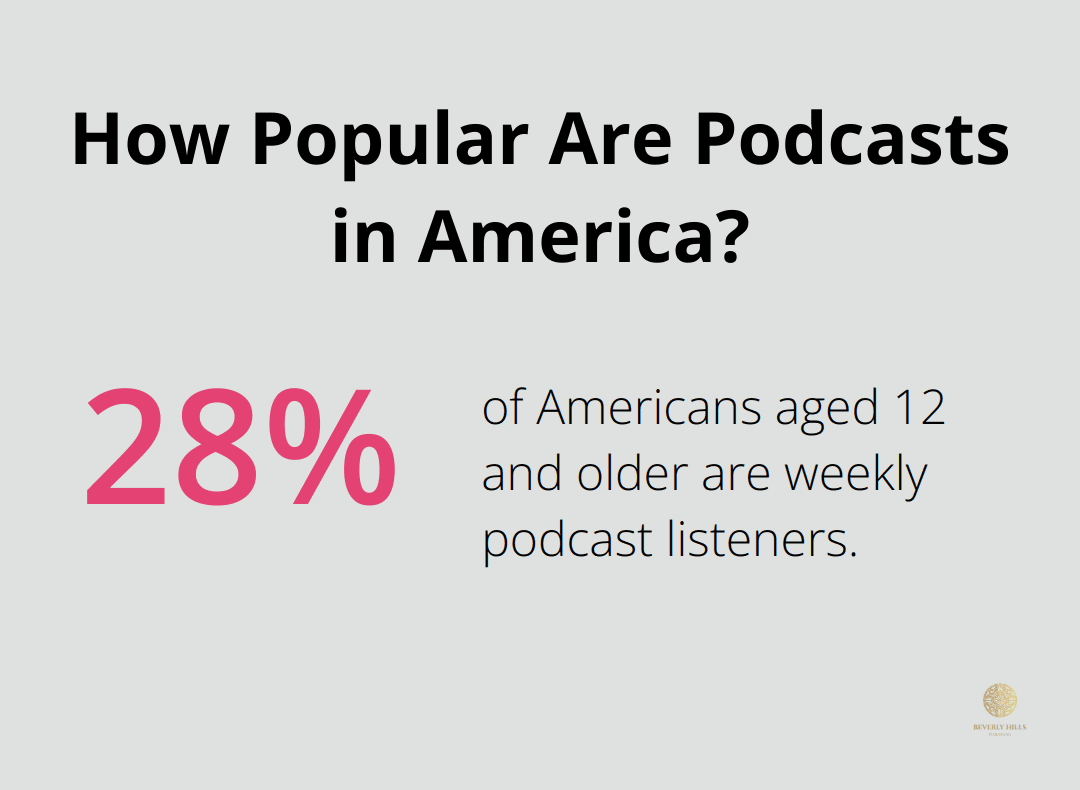
Now that you have laid the foundation for your book marketing strategy, it’s time to explore specific tactics that will bring your book to the forefront of your industry. The next section will guide you through leveraging various platforms and techniques to maximize your book’s visibility and appeal.
Turning Your Marketing Plan into Action
Master Your Online Presence
Your author website serves as your digital home base. Make it count. A study by the Pew Research Center found that 77% of Americans go online daily (with 26% reporting they’re online almost constantly). This statistic underscores the importance of a well-crafted online presence.
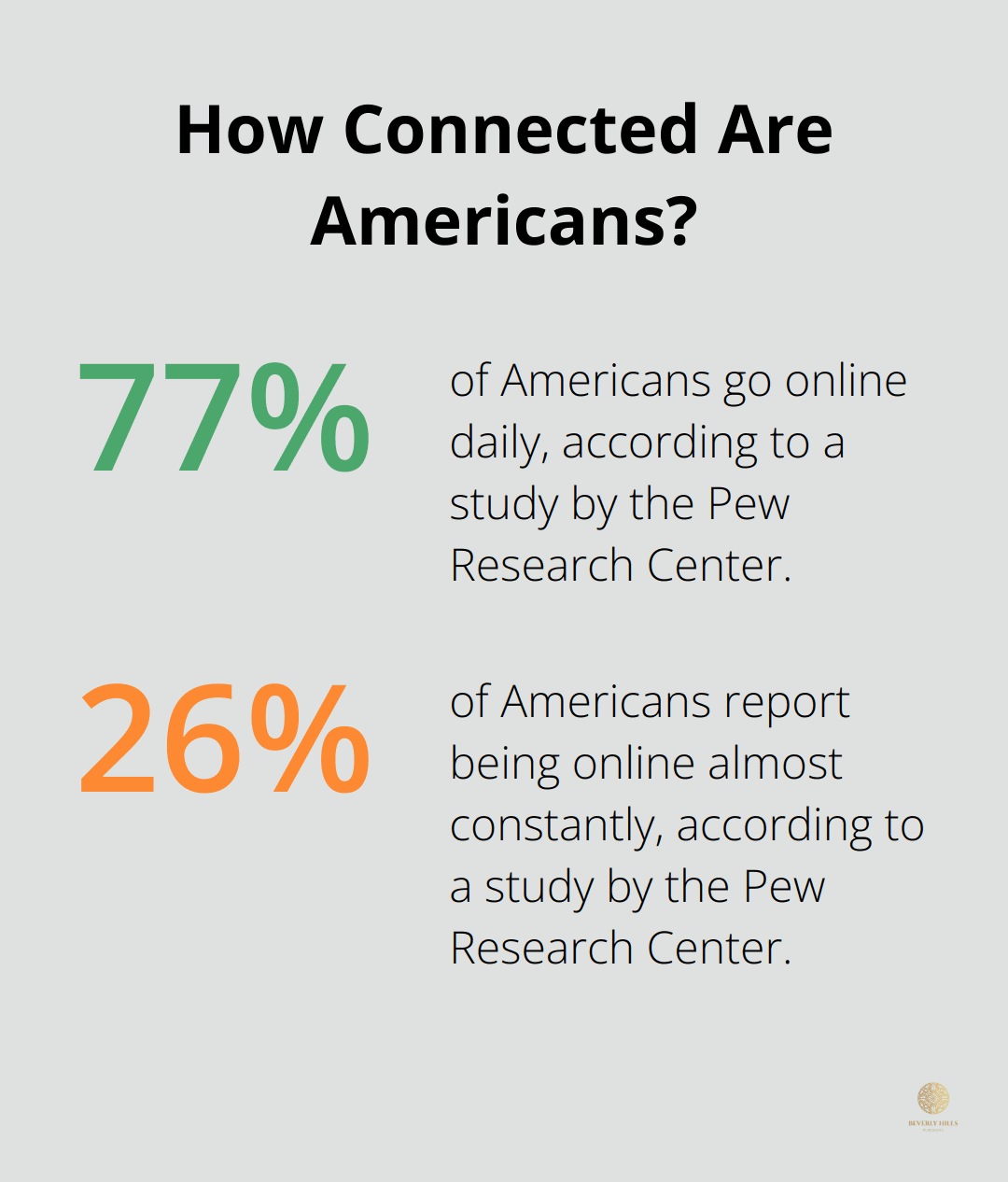
Ensure your site is mobile-friendly, loads quickly, and clearly showcases your book. Include an engaging author bio, a blog with regular updates, and easy ways for visitors to purchase your book or sign up for your newsletter.
Social media is another critical element of your online presence. Choose platforms where your target audience is most active. For instance, if you target young adults, TikTok might be your golden ticket. The platform reported 1 billion monthly active users in September 2021, with a significant portion in the 16-24 age range.
Harness the Power of Email
Email marketing remains one of the most effective tools in an author’s arsenal. A report by OptinMonster found that email marketing can generate an ROI of 3600%. Build your list by offering exclusive content, such as a free chapter or a companion guide to your book.
Segment your email list based on reader interests and behaviors. This allows you to send targeted messages that resonate with specific groups. You might send different content to those who’ve already purchased your book versus those who haven’t.
Leverage Social Proof
Reviews and testimonials can significantly boost your book’s credibility. Consider offering advance reader copies (ARCs) to generate early reviews. These reviews can be crucial for building momentum before your official launch date.
Explore Paid Advertising
While organic reach is valuable, paid advertising can amplify your message. Platforms like Amazon Advertising, Facebook Ads, and BookBub Ads offer targeted options to reach potential readers.
Start with a small budget and test different ad formats and targeting options. Monitor your results closely and adjust your strategy based on what works best for your book and audience.
Collaborate with Influencers
Partnering with influencers in your niche can expand your reach dramatically. Identify influencers whose audience aligns with your target readers. Try to establish genuine relationships (rather than just transactional ones) for more authentic promotions.
Influencer collaborations can take many forms, from book reviews and social media mentions to podcast interviews or joint webinars. The key is to find mutually beneficial partnerships that provide value to the influencer’s audience while promoting your book.
Final Thoughts
An effective book marketing plan forms the foundation of success in today’s competitive publishing landscape. Authors who understand their target audience, develop solid strategies, and implement targeted tactics set the stage for their book’s triumph. The publishing world constantly evolves, so flexibility and openness to new ideas prove essential for authors who want to stay ahead.
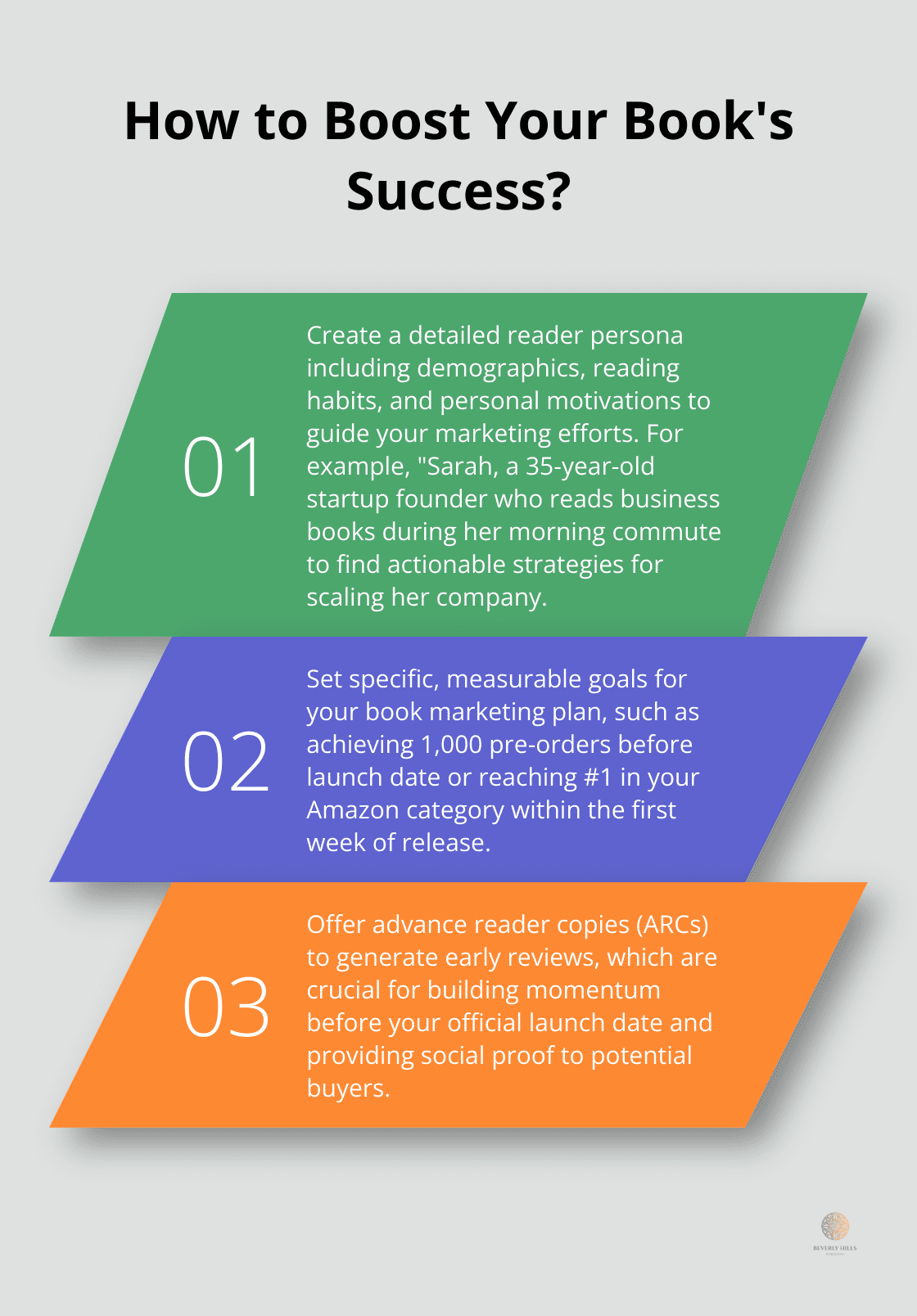
Continuous learning and improvement should drive your book marketing efforts. You must analyze your results, learn from successes and failures, and refine your approach over time. This process will help you become more effective in reaching and engaging your readers (and ultimately selling more books).
At Beverly Hills Publishing, we offer innovative approaches to help authors establish themselves as leading authorities in their industries. We provide authors with tools and strategies to elevate their visibility, build strong brand identities, and emerge as industry leaders. Success takes time, effort, and persistence, but a well-crafted book marketing plan significantly increases your chances of success in the competitive world of publishing.















































































































































































































































